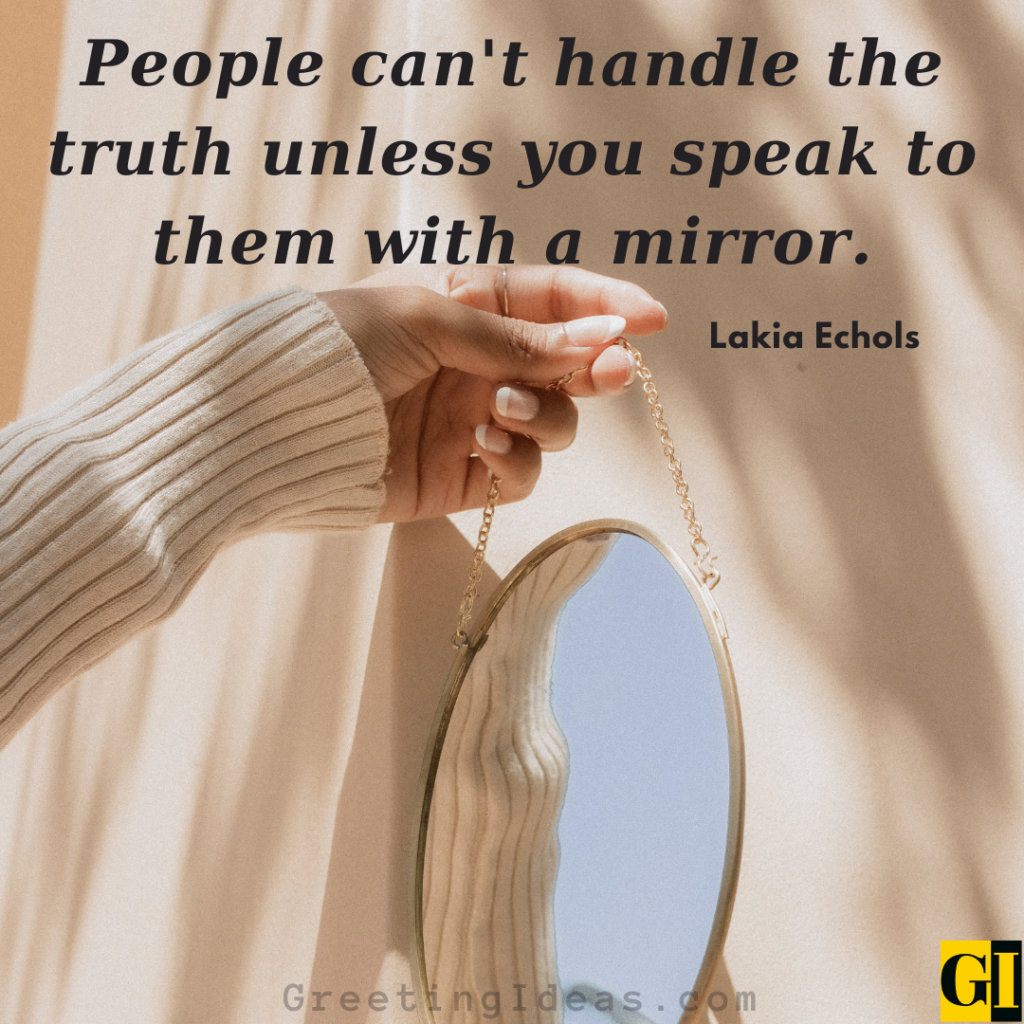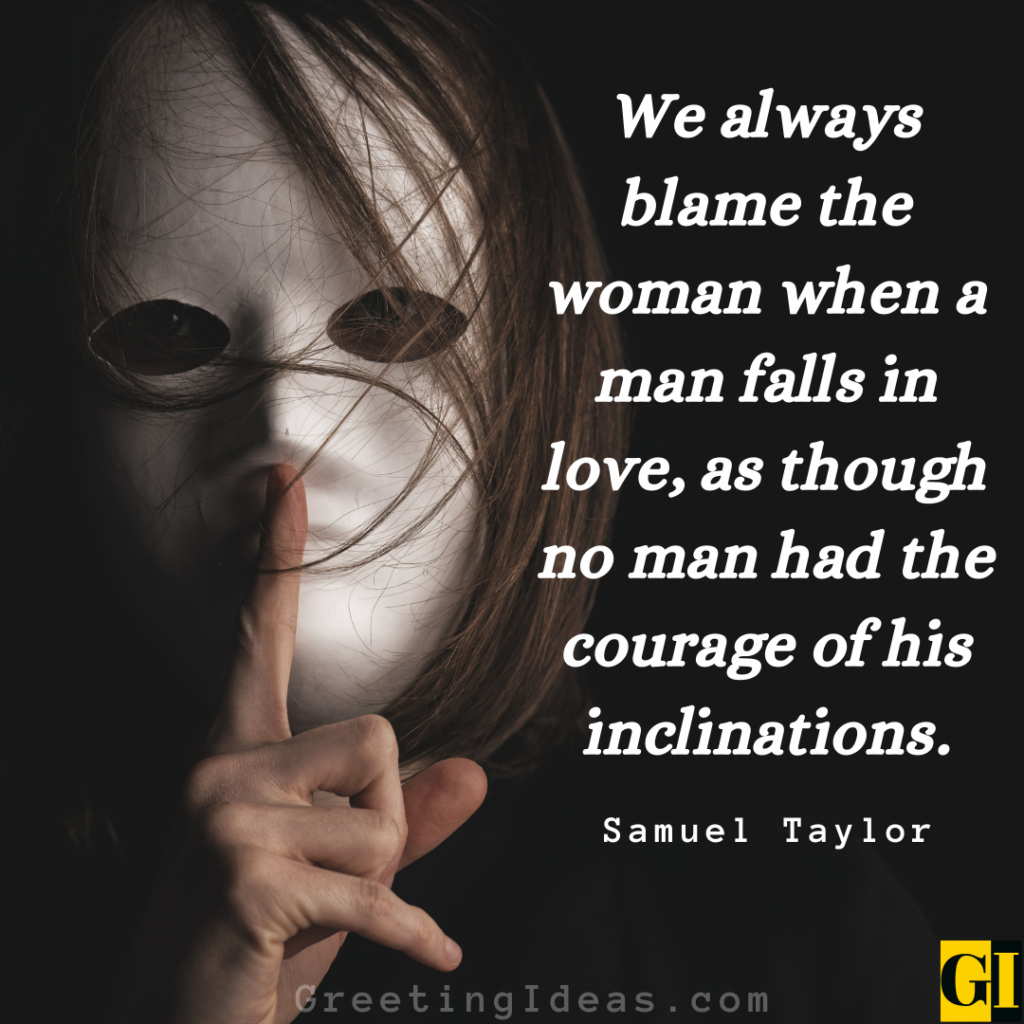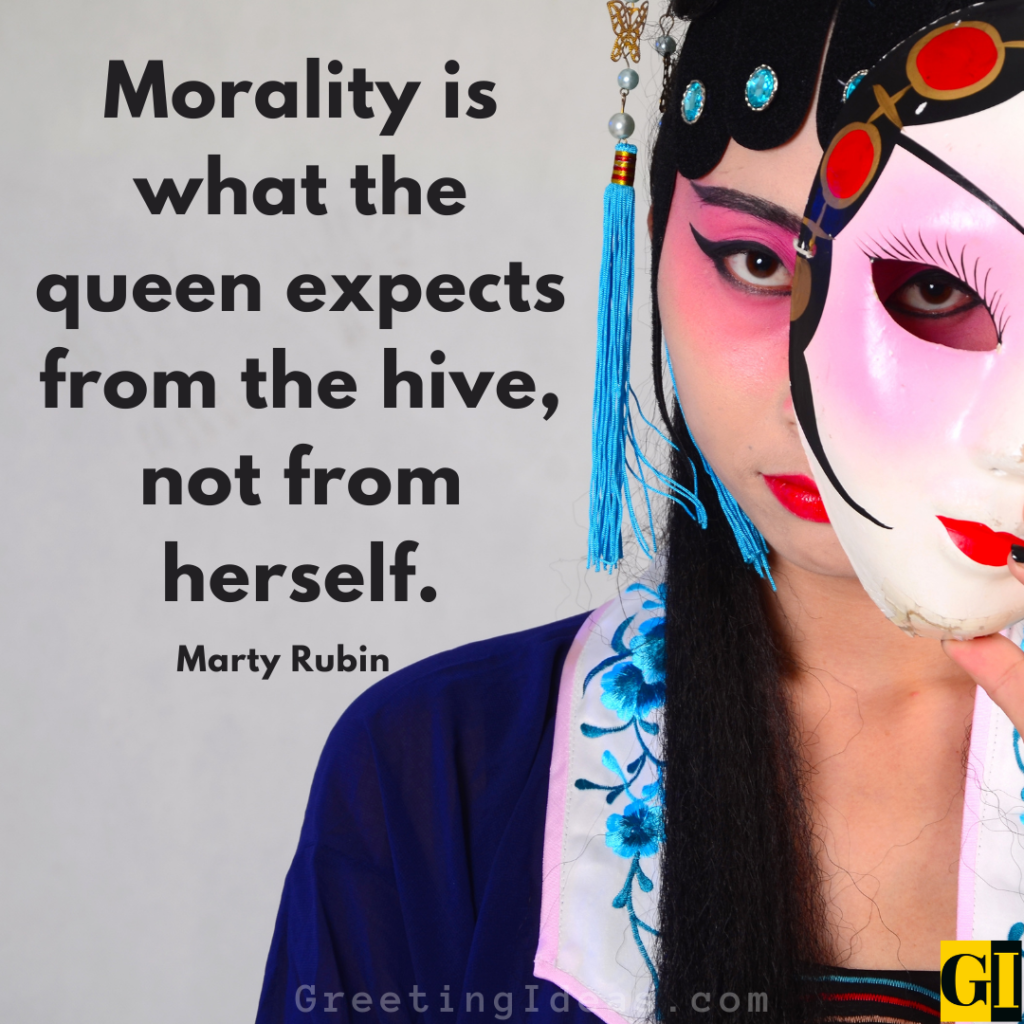FTC disclaimer. This post may contains affiliate links, and I will be compensated if you purchase through one of my links.
Explore our collection of double standard quotes that reveal unfairness, hidden bias, and hypocrisy shaping society, culture, and everyday life.
What does it mean when people act with two sets of rules?
It means treating one group with privilege while judging another by harsher measures. This unequal mindset often creates frustration and injustice.
Can you share real-life examples of such unfair treatment?
Yes, unequal pay between men and women, discrimination based on caste or race, and favoritism toward certain communities are common examples.
Why do people show this kind of unfair behavior?
Often, it stems from deep-rooted stereotypes, rigid traditions, and orthodox thinking. When people cling to outdated beliefs, prejudice finds a place.
Does hypocrisy play a role in this mindset?
Absolutely. When moral values are preached but not practiced, hypocrisy takes over. People hide behind rules while breaking them in secret.
Are personal flaws connected to these biased actions?
Yes. Human tendencies like jealousy, greed, fear, and the hunger for power often fuel such unequal practices, making them harder to overcome.
How does society reinforce unfair judgments?
Cultural dogmas, narrow religious interpretations, and rigid ideologies create an atmosphere where favoritism thrives and fairness gets ignored.
Why should we reflect on these sayings about unfairness?
Because they challenge us to see our hidden biases. These thought-provoking reflections remind us to embrace honesty and treat others with equality.
Also Read: 20 Best Vice Quotes To Overcome Inner Demons
Double Standard Quotes That Expose Life’s Hidden Hypocrisy
These words shine a light on unfairness and contradiction, helping us recognize how society often plays by two different rules.

Hypocrisy is the audacity to preach integrity from a den of corruption. – Wes Fesler, author
Fesler’s words remind us that people often speak about morals without living them. It’s a powerful warning against fake righteousness.
What we demand from others, we should demand from ourselves first. – Eleanor Roosevelt, former First Lady
Roosevelt urges us to practice fairness. Holding ourselves accountable is the first step to dismantling hidden bias.
A society that judges men by success and women by purity reveals its deepest bias. – Simone de Beauvoir, philosopher
De Beauvoir highlights unequal standards. Gender roles often decide worth, which undermines fairness and freedom.
Favoritism is just prejudice in a friendly disguise. – Maya Angelou, poet
Angelou calls out favoritism as a softer face of injustice. It shows how inequality often sneaks into daily life.
When rules change depending on who breaks them, justice has lost its meaning. – Martin Luther King Jr., activist
King reminds us that true justice must apply equally. Selective enforcement only fuels mistrust.
The mask of morality slips when power is at stake. – George Orwell, writer
Orwell shows how people bend values for gain. It’s a reminder to question authority’s hidden motives.
We are never so unfair as when we imagine ourselves completely fair. – Blaise Pascal, mathematician
Pascal exposes our blind spots. Self-reflection is essential to avoid falling into bias without realizing it.
Also Read: 60 Inspiring Caterpillar Quotes For Self-Transformation
Quotes About Unfairness in Relationships
These reflections capture how love, trust, and commitment are often tested by inequality and hidden expectations between partners.

He who expects loyalty without giving it practices injustice. – Mahatma Gandhi, leader
Gandhi highlights the imbalance in relationships. True trust is mutual; anything less becomes exploitation.
When love demands sacrifice from one side only, it ceases to be love. – Friedrich Nietzsche, philosopher
Nietzsche warns us about lopsided expectations. Real love thrives only when both give and receive.
Unequal freedom in marriage makes bondage by another name. – John Stuart Mill, thinker
Mill calls out the imbalance within marriage. Equality is the foundation of partnership.
To measure a partner’s worth only by what they provide is to cheapen love. – Rumi, poet
Rumi emphasizes unconditional connection. Reducing affection to gain strips it of beauty.
A relationship ruled by double rules is doomed to break. – Harriet Beecher Stowe, author
Stowe points out how hidden inequalities tear bonds apart. Fairness sustains commitment.
True intimacy is impossible when one partner carries all the weight. – Bell Hooks, writer
Hooks shows how love suffers when burdens aren’t shared. Equality nurtures closeness.
The silence of an unequal partner echoes louder than words. – Kahlil Gibran, poet
Gibran reminds us that quiet acceptance of unfairness breeds distance. Healthy love is built on shared voice.
Also Read: 60 Dissolve The Ego Quotes For A Mentally Relaxed life
Friendship and Trust Tested by Hidden Bias
Friendship should be equal, but when favoritism enters, bonds weaken. These words show how trust falters under uneven ground.

A friend who forgives only one mistake is no friend at all. – Aristotle, philosopher
Aristotle highlights loyalty’s strength. True friendship forgives, not judges.
Friendship dies where favoritism is born. – William Shakespeare, playwright
Shakespeare’s words ring true: unequal treatment kills closeness. Equality keeps trust alive.
The best friends hold mirrors, not measuring sticks. – Ralph Waldo Emerson, poet
Emerson encourages fairness in friendship. Judging creates distance, but reflection inspires growth.
A friend who applies two sets of rules is no better than an enemy. – Confucius, philosopher
Confucius shows that bias destroys trust. Friendship must be balanced to last.
Respect in friendship is shown by consistency, not excuses. – Seneca, thinker
Seneca reminds us that partiality corrodes respect. Reliability is the true test.
Unequal treatment between friends creates invisible walls. – Victor Hugo, novelist
Hugo suggests bias builds barriers. Equality tears them down.
When trust bends, friendship breaks. – Benjamin Franklin, statesman
Franklin warns us that small acts of bias shatter great bonds. Trust is fragile and must be equal.
Also Read: 66 Thoughtful Avoid Selfish People Quotes and Sayings
Reflections on Human Nature and Unfair Behavior
These insights uncover why people fall into bias—driven by power, fear, or self-interest—and how we can rise above it.

Man prefers to judge others harshly and himself gently. – Charles Dickens, novelist
Dickens exposes our selective self-forgiveness. It’s a call for honest self-examination.
Hypocrisy is easy; fairness is hard. – Plato, philosopher
Plato acknowledges that honesty requires courage. Pretending is effortless, but real integrity takes strength.
We condemn in others what we secretly allow in ourselves. – Sigmund Freud, psychoanalyst
Freud’s words remind us that projection masks guilt. Facing our flaws reduces unfairness.
The rules of justice should not bend to fear or greed. – Nelson Mandela, leader
Mandela emphasizes consistency in justice. True fairness isn’t swayed by personal gain.
Greed gives birth to bias; envy keeps it alive. – Leo Tolstoy, author
Tolstoy connects emotions to inequality. Recognizing them helps break free from cycles of unfairness.
The powerful excuse their faults while punishing the weak. – Thomas Jefferson, statesman
Jefferson points to systemic inequality. The strong must be held to the same standards.
A person’s true character is revealed when no one is watching. – Abraham Lincoln, president
Lincoln reminds us that integrity is proven in private. Fairness without witnesses is the highest test.
Also Read: 50 Love And Laughter Quotes Sayings For Stress Relief
A Few Honest Words Before We Go
We’ve walked through some eye-opening reflections together, and it’s clear that life is full of contrasts—where fairness is often preached but rarely practiced.
These sayings don’t just point fingers at others; they also urge us to look inward.
After all, change doesn’t begin with society at large—it starts with the little choices we make in our own lives.
The voices of philosophers, writers, and everyday thinkers remind us that hypocrisy thrives in silence. By shining a light on it, we take away its power.
The real beauty of exploring these thought-provoking lines is that they don’t just expose injustice; they encourage us to live with honesty, courage, and kindness.
If even one of these double standard quotes made us pause and reflect, then the time spent here was worth it.
We can treat them as gentle reminders to challenge bias, stand for fairness, and live in a way that matches our words with our actions.
So, as we step back into our day, let’s carry one message with us: every act of fairness, no matter how small, helps build a more genuine and compassionate world.
Let’s keep exploring, keep questioning, and most of all—keep growing.
Questions Readers Often Ask
Why do sayings about hypocrisy feel so relatable?
Because they mirror everyday experiences where actions and words don’t match.
Such quotes highlight human inconsistency, reminding us how often fairness is spoken about but not lived, making the reflections powerful and instantly understandable.
How can quotes on unfair treatment inspire change?
They help us recognize bias in relationships, workplaces, or society.
By exposing hidden inequality, these reflections encourage us to challenge double rules, act with fairness, and create healthier bonds grounded in respect, honesty, and consistency.
Also Read: 35 Inspiring Stop Seeking Validation Quotes And Be Real
Are Double Standard quotes relevant in modern times?
Yes, they remain timeless because favoritism and bias still shape our world.
These words reveal contradictions that continue to affect work, family, friendships, and social life, urging us to seek truth, fairness, and integrity despite evolving lifestyles.
What do friendship sayings about inequality teach us?
They show that favoritism can quietly break trust between companions.
True friendship thrives on equal treatment, forgiveness, and loyalty. When one side applies different rules, closeness fades, proving that balance and mutual respect are the roots of lasting bonds.
Can reflections on hypocrisy improve relationships?
Yes. By calling out hidden bias and double rules, these sayings push us toward more genuine connections.
They remind us that love, trust, and friendship grow stronger when both sides give equally, making relationships healthier and more fulfilling.
Top Book Recommendations to understand hypocrisies and self-deception:
- Truth without apology: For those tired of sweet lies – Acharya Prashant (Author)
- People of the Lie: The Hope for Healing Human Evil – M. Scott Peck (Author)
